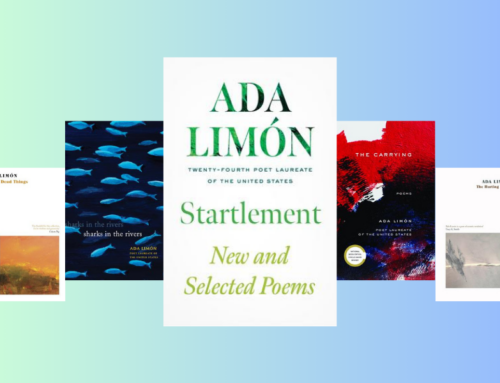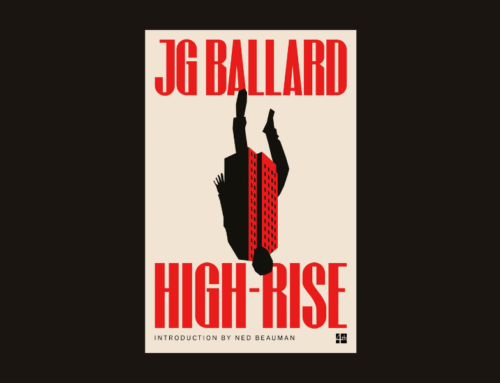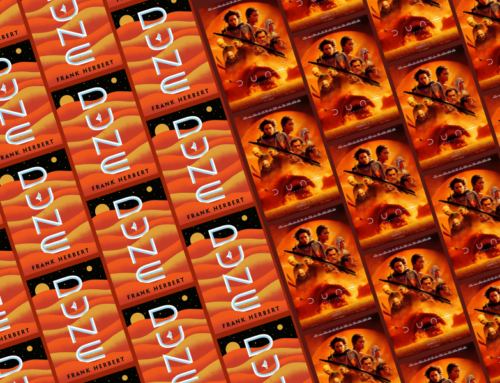Alice Law has sacrificed everything to become one of the brightest minds in the field of Magick. All to work with Professor Jacob Grimes at Cambridge, the greatest magician in the world—until he dies in a magical accident that could possibly be her fault. Grimes is now in Hell, and she’s going in after him. Because his recommendation could hold her very future in his now incorporeal hands, and even death is not going to stop the pursuit of her dreams. Nor will the fact that her rival, Peter Murdoch, has come to the same conclusion.
But Hell is not like the storybooks say, Magick isn’t always the answer, and there’s something in Alice and Peter’s past that could forge them into the perfect allies…or lead to their doom.
by Damla
“You did the work, you drew your spell, and still at the end, you closed your eyes and hoped. When it came down to it magick was a wish, a prayer, and a little, anchoring fiction.
So was personhood, for that matter.”
Things are rough out there in the job market. And if you are in the academic track, hoping to one day be a part of the educational institution for low pay and high regard, it might be even rougher. You must navigate difficult professors, fragile egos, systematic oppression, competitive rivals, and you best hope that you will cinch that one reference that will open the doors for your future position and new research funding.
Alice knows this. She feels a desperation and determination deep in her bones that all she has worked for (and suffered) during her doctorate must culminate in a reference from her mentor/idol/tormentor to get the job of her dreams. Except her professor just blew up in an experiment gone wrong, and most certainly ended up in hell. Now she must travel to the courts of hell with her biggest rival to get him back.
At its heart, Katabasis is a perfect example of what R.F. Kuang does best: rip into the academia culture. Whereas Babel examined the academia’s power to feed colonialism and the exploitation of minorities on a global and historical scale, Katabasis turns an eye to the inner world of academia and all its hypocrisies, backstabbing, blind ambition, snobbery, and countless systemic problems. It might be an alluring opportunity to open doors, to explore new territories, to accrue glory and fame, but it is also its own punishment. After all, her hellscape is fashioned after the Cambridge campus for a reason.
But amid the darker side of academia, Kuang also finds a place for self growth. For creativity, and love, and empathy to grow between logic problems and paradoxes. It is glorious; it is nerdy; and it is written wonderfully.
Perhaps most unexpectedly, there is also a persistent note of absurdity and humor in Kuang’s underworld. The best way I can describe it is as Dante’s Inferno meets Carroll’s Alice in Wonderland (I wonder if the choice of the main character’s name is deliberate in this sense, although I haven’t come across any references in author interviews so far.) The shades in hell are so absorbed in themselves that they don’t realize the absurdity or the nonsensicality of their conversations and situations. The magick system relies on being just delulu enough, lying just convincingly enough to bend reality and creating an opening for an alternative. It makes for great moments that can make you chuckle and reflect at the same time.
Kuang has opened up a portal perhaps into everyone’s hell with her complex main characters, wrestling with their own insecurities, shortcomings, regrets, and dark impulses as they go math-ing and philosophizing through a twisted landscape. It is surely a journey to remember. It was so morbidly entertaining and hard to put down that I didn’t feel the pages flying by as I was reading.
On a final note, I have to mention that this book makes reference to a text with one of the most beautiful sentences I read in a while:
“I wish I were the night, so that I might watch your sleep with a thousand eyes.”
My heart!
(If that wasn’t enough, all the Orpheus and Eurydice references alone would be enough to hook me!)





